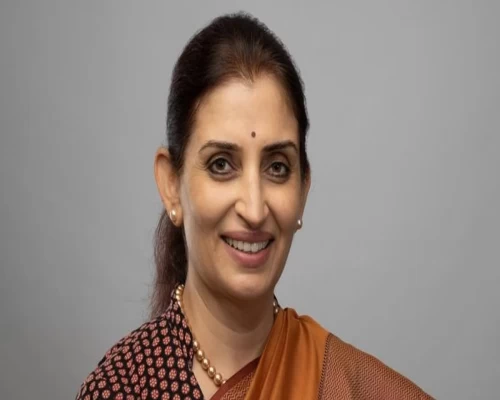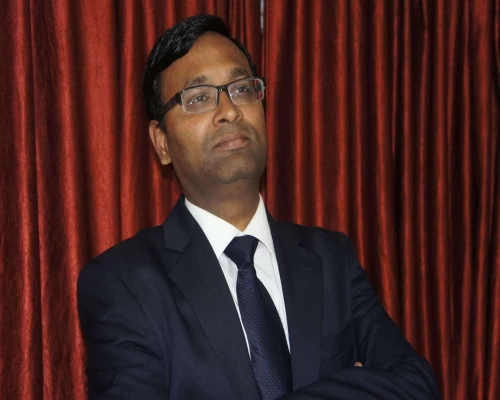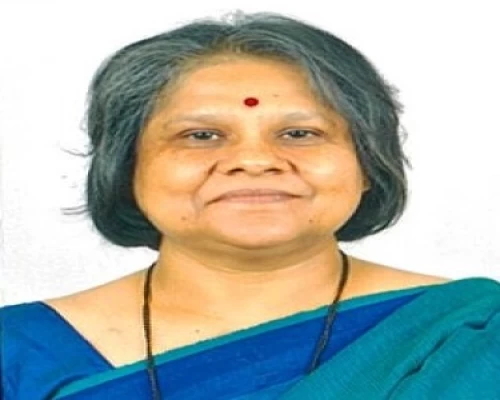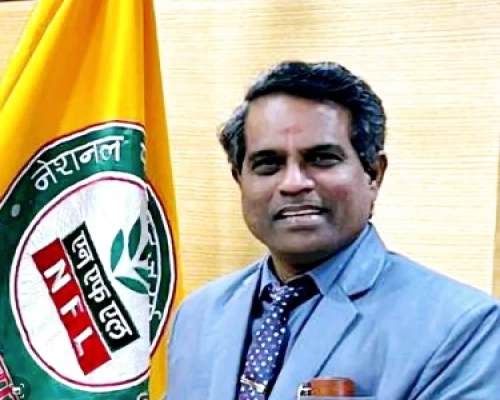
Bastar: A new Bastar is in the making. People’s aspiration for a better and progressive life has become stronger with the passage of time. “The people here are very receptive to administration and look forward to us for the fulfilment of their basic needs like health, nutrition and education. They also want reforms and development. As District Collector, Bastar, I have tried to involve people and use their expertise in the planning of projects as per their needs,” said Rajat Bansal, IAS, District Collector, in an exclusive conversation with Vigya Dwivedi of Bureaucrats India. Read The Full Interview Here!
From technocrat to a bureaucrat! How has the metamorphosis been?
Being a technocrat, when we get into an administration, we look towards everything with an analytical perspective. Everyone who joins civil services has something unique to offer, but as technocrats, we are able to converse in terms of technology and bring IT oriented solutions. With the intervention of IT, planning, monitoring and data tracking becomes much more convenient. Thus, as technocrats we have a different perspective of addressing issues.
Bastar was earlier known as ‘Dandkaranya’ which means ‘the jungle of punishment’. Certainly, the geographical and social challenges makes posting in the jungle a challenging one. How has your tenure in Chhattisgarh so far has helped you to grow as a professional?
The most challenging period for me was during my posting as Commissioner Raipur Municipal Corporation and MD/CEO of Raipur Smart City Limited. Serving in any urban area is challenging since you have a range of stakeholders who are very vocal about their needs. Bastar, on the other hand, has been the most satisfying professional experience. The people here are very receptive to administration and look forward to fulfillment of basic needs like health, nutrition and education but also reforms and development. As District Collector, Bastar, I have tried to involve people and use their expertise in the planning of projects as per their needs.
We have heard a lot about the ‘Aamcho Bastar’ campaign. Please share with us some insights of this unique initiative.
Aamcho Bastar in Hindi means ‘Hamara Bastar’. Through this campaign, we are trying to bring people powered development in the region by building the brand ‘Bastar’. We want to make people realize that all the development work being done in the region as well as various central and state government schemes being implemented by the people are for their welfare. They are involved at various stages of the decision making process as well as implementation of the project. Bastar is known for naxalite activities for years now. Aamcho Bastar, in the long run, will help establish Bastar as a progressive area.
How has the ‘Yuvodaya’ movement been able to drive ‘people powered development’ in Bastar? Please share its impact.
Yuvodaya is a two-way community mobilization program to bridge the gap between the administration and the citizens. We have 5000 volunteers who communicate the message and the work of the district administration to the people. Also, the grievances and problems of the citizens are brought to the administration by these young volunteers. The initiative has a long term objective of people powered sustainable development. With the help of these volunteers, the percentage of people availing different services like education, nutrition etc have significantly increased.
What steps have been taken to preserve the tribal art and culture of Bastar?
Bastar has a very rich tribal art and culture owing to its various dialects. For promotion of folk arts, local dialects, literature and craftsmanship of Bastar, we have ‘Bastar Academy of Art, Dance and Language (BADAL). The academy trains people in local dialects by providing a speaking course for the popular dialects like Halbi, Gondi, Dhurvi and Bhatri of Bastar under the language division. Also, people get an opportunity to showcase their art forms and crafts. Going ahead, we want to nurture the uniqueness of this culture so that it becomes a part of the mainstream.
What steps are being taken to provide employment opportunities and platforms to tribal artists?
Tribal people seem to be unaware of market trends as well as the correct price for their produce. To monitor this, we have created a database of the artisans, producers, and their handicraft products. Also, we have created a Bastar Kala Muhim, an artisans-producers' organization through which we tie up with different platforms to promote and sell their crafts. Platforms like Flipkart and Trifed have been very kind in this regard.
What have been the aspirations and yearnings of people in Bastar? How far have we been able to match these?
When it comes to aspirations, I found people in Bastar very different from people in the rest of my postings. Here, people find contentment if they have access to their natural resources in the form of ‘Jal Jungle Jameen’. We have been trying and have been able to inspire people to avail themselves of education, nutrition and development in other forms through our various initiatives of community mobilization.
Tell us about coffee plantations in Bastar, while it is not a traditional agriculture practice here.
Coffee plantation was started in Bastar by an agricultural scientist three to four years back. The good results motivated many farmers to continue the practice. The interesting point is that the most naxalite sensitive areas were found to be the most suitable for coffee plantation as per the biological conditions. Thus, Bastar coffee came up as a solution to naxal problems in the region. This is the kind of people powered development we look for and I see it as a solution to various other similar problems across the country.
How thriving is agriculture in Bastar? Are there any efforts in direction to provide an adequate market place to farmers to sell their produce?
When it comes to agriculture in Bastar, we have seen both extremes. We have plain areas which are suitable for cultivation of many exotic crops like dragon fruits which are exported outside India, to areas where people do only subsistence farming. There have been efforts to educate the farmers on modern farming techniques. For ex- a barren land was converted into a lush green papaya field with right knowledge and expertise.
How successful has been the implementation of various schemes of the Central Government like ‘Jan Dhan Yojana’, ‘Ujjwala Yojana’ etc.
Jan Dhan Yojana has been really successful in the region with increasing awareness. Same goes for schemes like Jeevan Jyoti Yojana etc. When it comes to Ujjwala Yojana, I still feel that it will take some time to bring that behavioral change. People are still fond of using traditional chulhas to cook their meals, because they have known this practice for years.
How far have we been able to tackle the menace of naxalism? Please share a few insights.
When it comes to solving the problem of naxalism, there has been excellent coordination between the central and the state governments. Also, police forces have been doing a great job. I must say that we have observed a major change in the outlook of people. The ideology on which naxalism is based is gradually changing which can be observed from the changing perception of development among people.
What has all been done to boost tourism in the region?
Bastar has ample to offer in terms of tourism, be it beautiful natural landscapes to history and heritage. We have formed a ‘Travel Bastar’ platform to boost tourism opportunities in the region. We want to attract tourists to this unexplored part of the country, but are also selective since we aim at developing niche tourism. People who love nature and tribal art forms and want first-hand experience of the unique culture of this place are most welcome. There have been efforts to provide safe and secured tourism keeping in mind the sensitivity of the area.
How have tribal people reacted to various initiatives by the district administration?
The reactions have been very heartening, whether it is towards ‘BADAL’ or various public libraries. People look happy because they look forward to the government and district administration to do a lot of things.
What would you like to advise our UPSC candidates?
Always be output oriented. In times when we have ample resources available, never just learn anything without knowing its true implication.





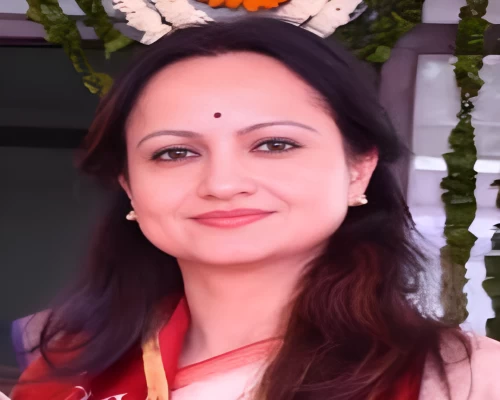
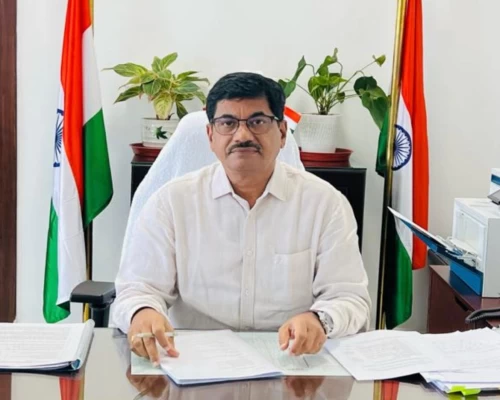
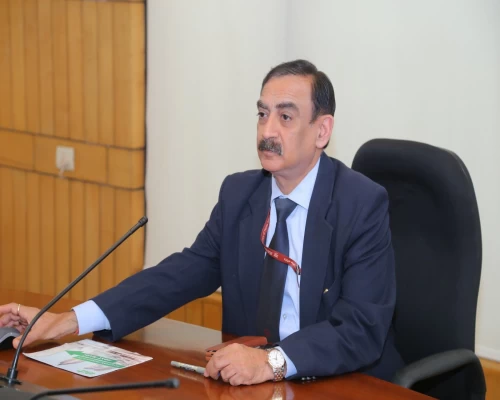
_500_x_400.webp)
